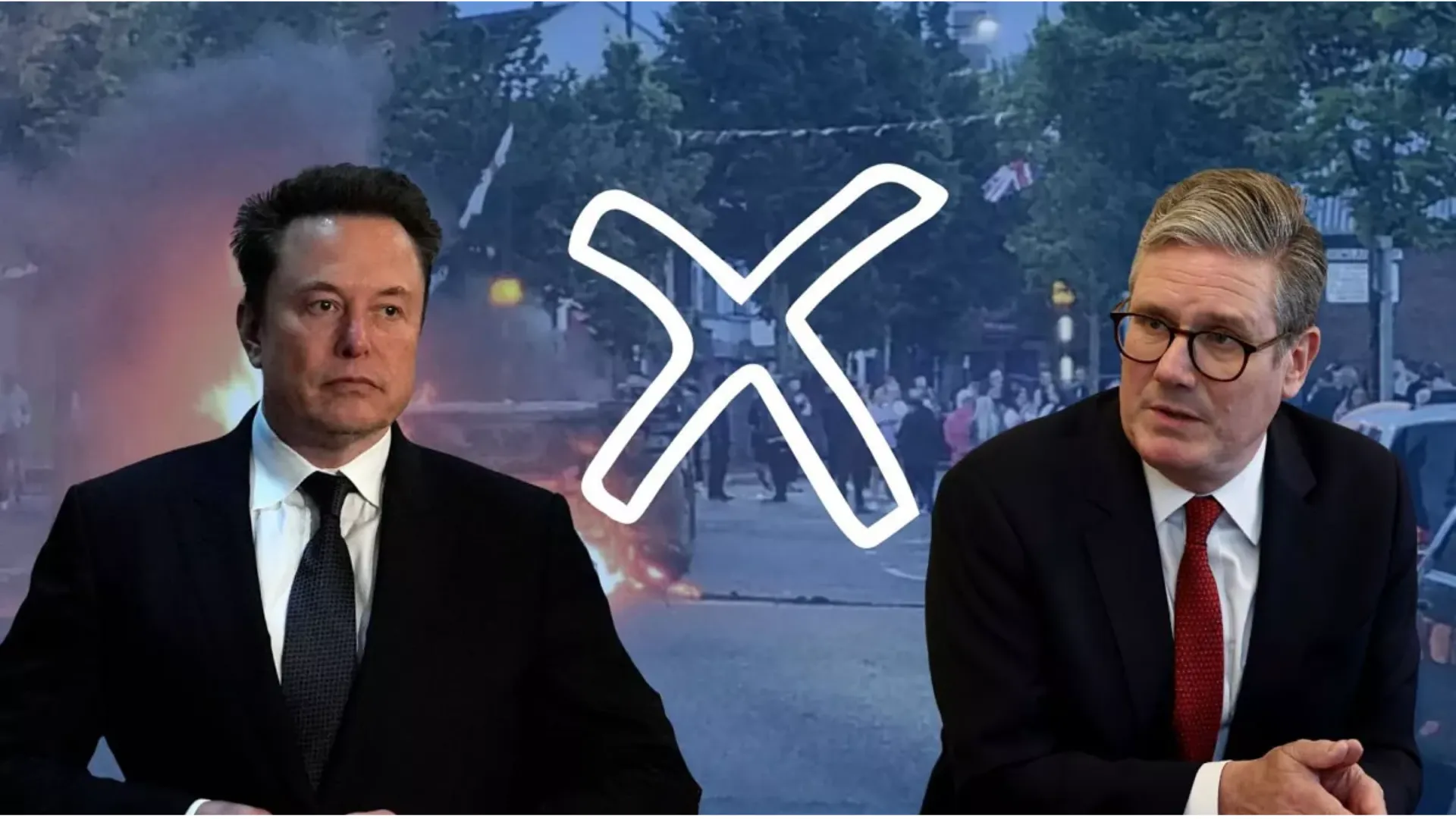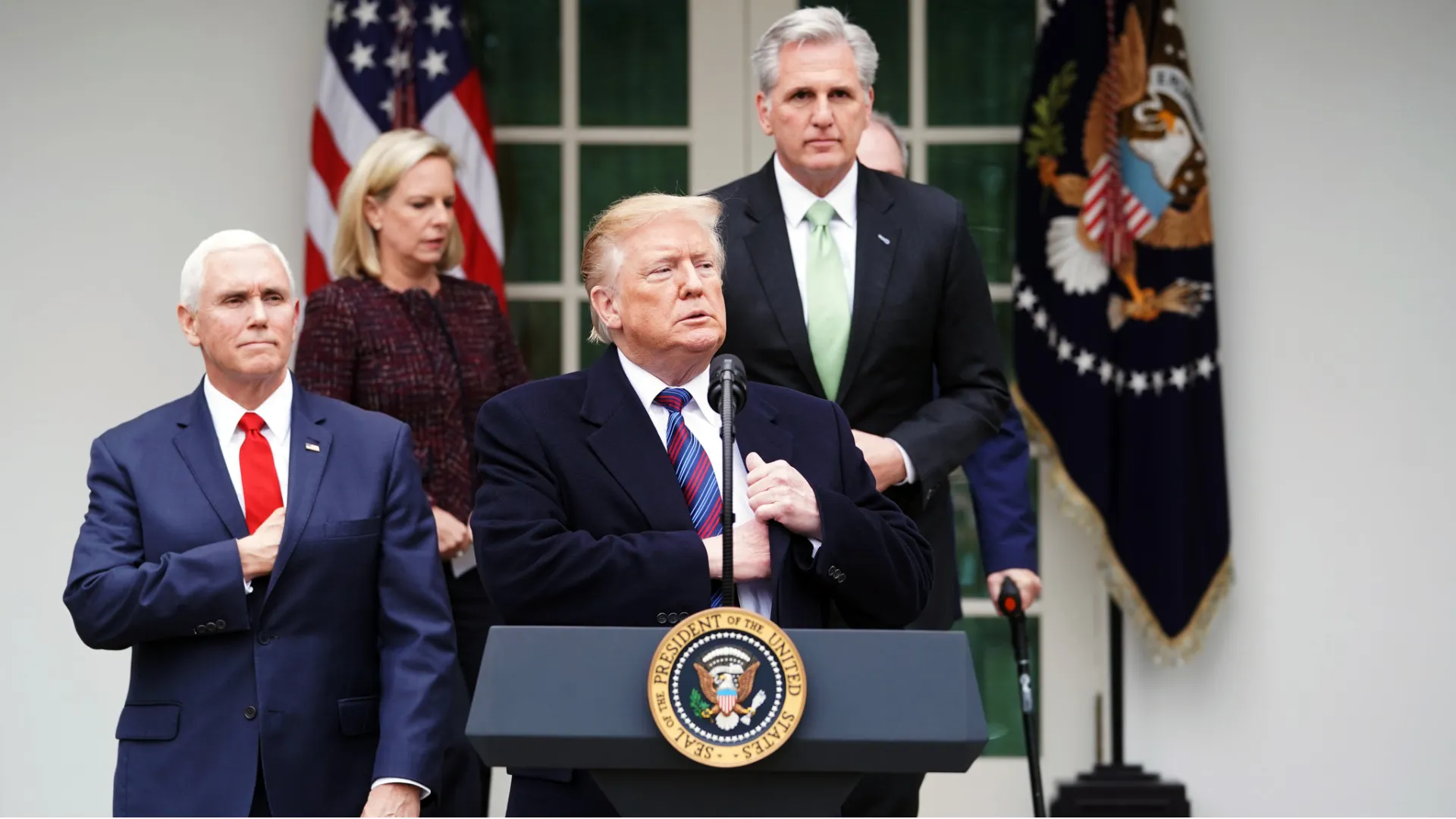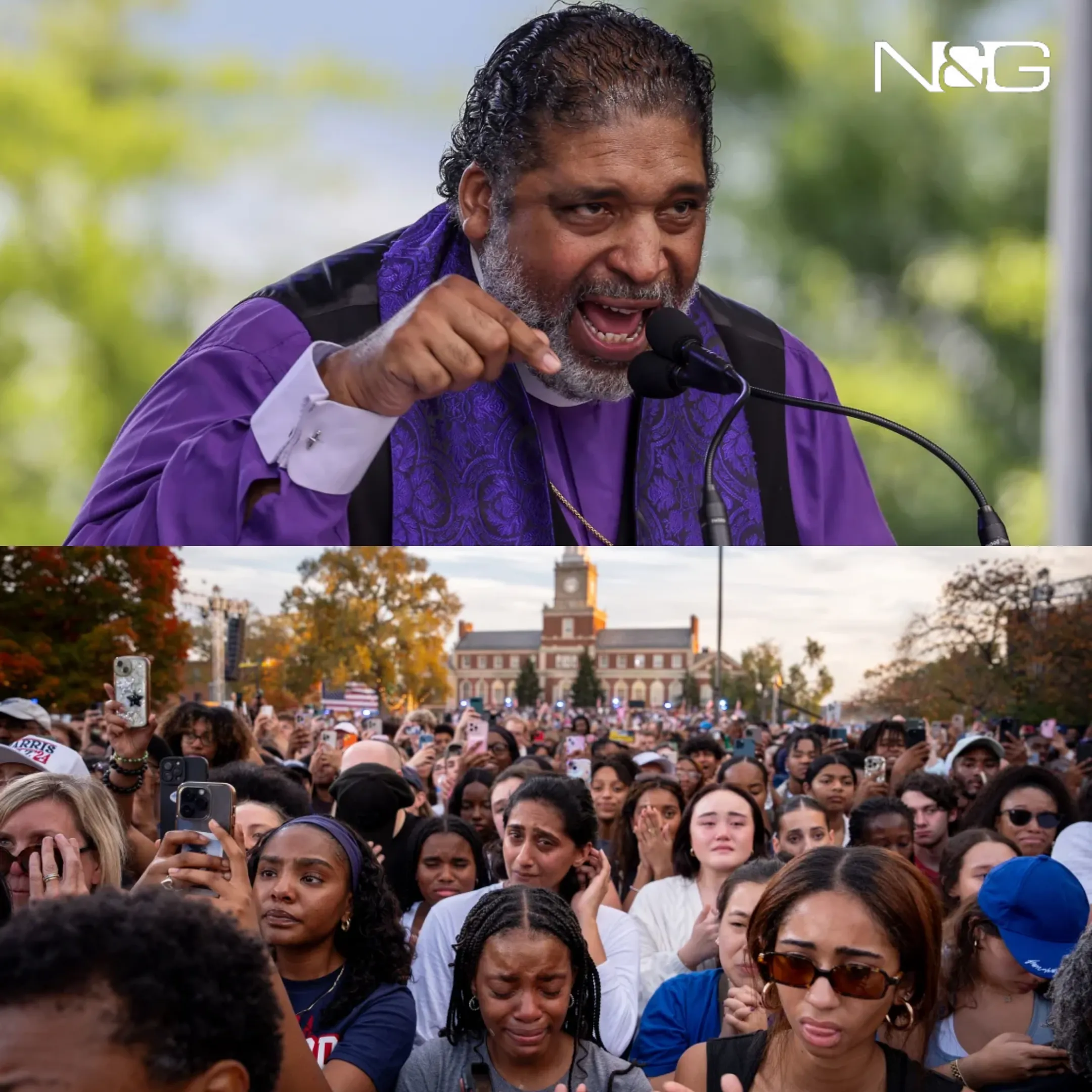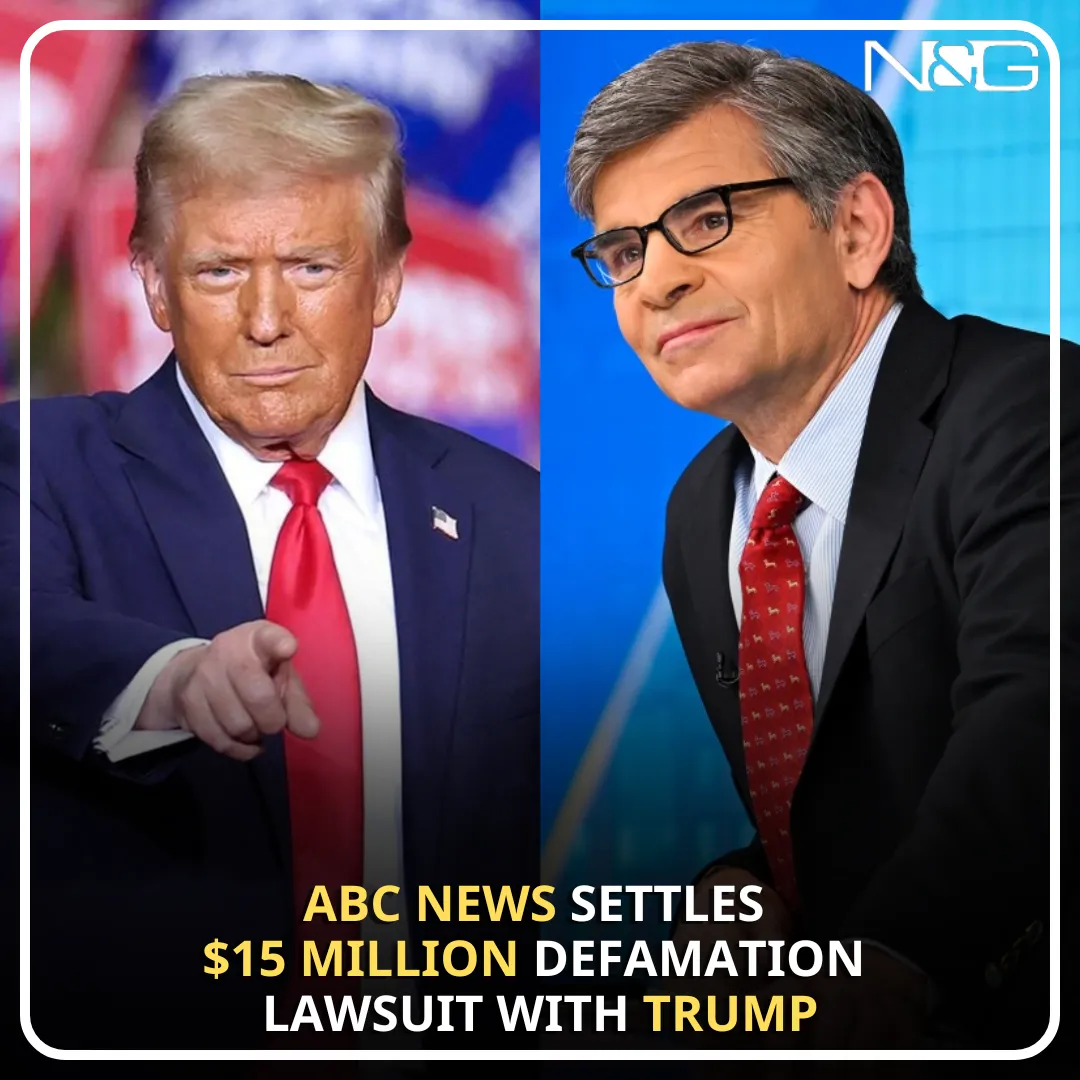
Sen. Chris Murphy (D-Conn.) and former Rep. Adam Kinzinger (R-Ill.) voiced sharp criticism on Friday over Elon Musk’s public endorsement of Alternative for Germany (AfD), a far-right political party in Germany often labeled as neo-Nazi. Musk’s remarks came ahead of the country’s February elections, sparking outrage in both the United States and Germany.
Musk, the billionaire tech mogul and close ally of President-elect Donald Trump, posted on his social platform X that “only the AfD can save Germany.”
This endorsement triggered widespread backlash. Murphy expressed his outrage on X, writing, “The out-of-touch billionaire running the incoming Trump Administration announced last night that he enthusiastically supports the neo-Nazi party in Germany,” accompanied by a screenshot of Musk’s tweet.

“WTF,” Murphy added. “NONE OF THIS IS OK, EVERYONE. NONE OF THIS IS NORMAL.”
Kinzinger, a frequent Trump critic, also condemned Musk, calling him a “drug-addled billionaire” who “thinks he runs the world.” He highlighted the party’s controversial reputation, stating, “Literally is a neo-Nazi party. Not even joking.”
AfD has long been criticized for its extremist rhetoric and alleged ties to neo-Nazism. Björn Höcke, one of its leaders, has been accused of downplaying Nazi crimes and criticizing Germany’s Holocaust memorial as a “monument of shame.”
Recently, the party pledged to expel members with connections to militant groups after police arrested three members for allegedly plotting an armed revolt.

Musk’s endorsement came with a video of a far-right German commentator attacking Friedrich Merz, the conservative candidate for Germany’s chancellorship. AfD is currently polling in second place in opinion surveys, as the country prepares for elections on February 23. The snap elections follow the collapse of Chancellor Olaf Scholz’s government.
Scholz condemned Musk’s remarks, stating, “Freedom of speech also means you can say things that are not right and do not contain good political advice,” according to Politico.
AfD leaders, however, welcomed Musk’s support. Alice Weidel, the party’s chancellor candidate, responded enthusiastically on X, agreeing with Musk and pointing him to an interview she gave to Bloomberg.

In the interview, she criticized former Chancellor Angela Merkel’s policies, claiming they had “ruined the country,” and blamed the European Union for destroying Germany’s economic backbone.
Musk’s endorsement of AfD adds to concerns about his influence on global politics. He has played an informal role in foreign policy during Trump’s transition period and has significant sway in Trump’s inner circle, after spending millions on Trump’s presidential campaign.
Critics argue that Musk’s public support for a party with such a controversial history could embolden extremism and further strain international relations.

Murphy and Kinzinger’s reactions reflect a broader alarm over Musk’s growing political involvement, particularly as his statements carry weight on the global stage.
As the German elections approach, Musk’s support for AfD underscores the potential for tech billionaires to wield influence far beyond their industries, raising questions about the consequences of their political endorsements.



